Event Review: Oasis Festival
XLR8R hops on a plane to Morocco to check out the festival's debut.
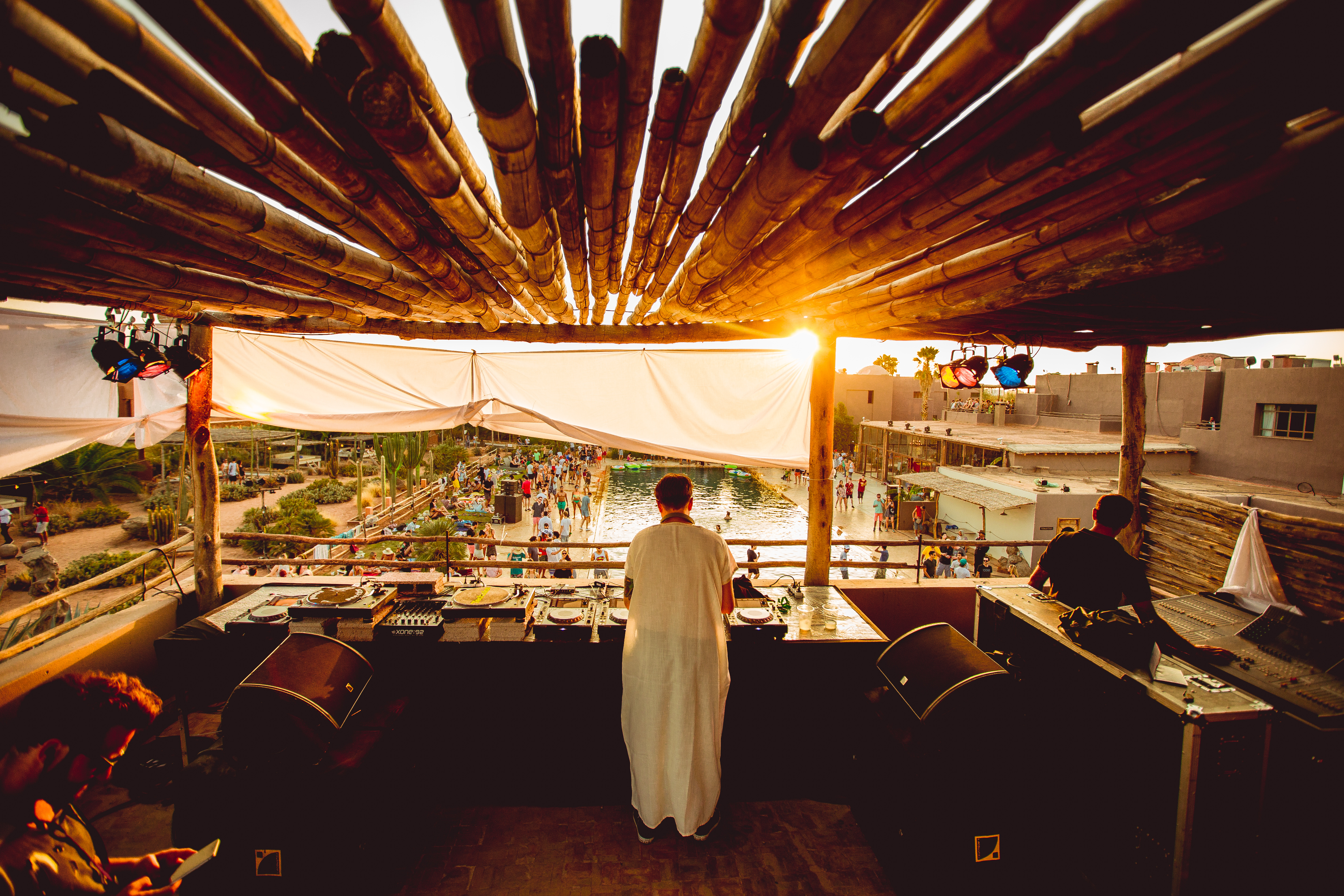
It’s very rare that a festival finds the right formula for its first edition—and Oasis in Marrakech is no different. Hosted inside the rather luscious grounds of the Fellah Hotel, a luxurious location that encompass both a small farm and several impressively adorned villas, the opportunity is there for an event to find a comfortable home in a heavily saturated market—but there are a number of issues that must first be resolved.
For the sake of convenience, I shall begin with the negative—most notably the production. The entire event was small, with no more than 2,000 people— many wealthy English and French—coming through the gates each day, spread between just two stages: Desert Oasis and Bamboo Arena.
While the presence of a large swimming pool in the former lent itself to a great Ibiza-like mid-afternoon party, allowing people to lounge around and cool off with the likes of Gerd Janson or Axel Boman spinning the discs, this set-up did not transfer to the later hours when the sun had set. In effect, there was no real dancefloor besides a small dusty area positioned almost directly below—but almost completely out of sight of—the DJ booth, which is placed high up in one of the neighboring villas. The DJ could not see the crowd, and the crowd could not really see the DJ—and this disconnect created an atmosphere of banging techno music that was almost entirely absent of any sort of if narrative or intimacy.

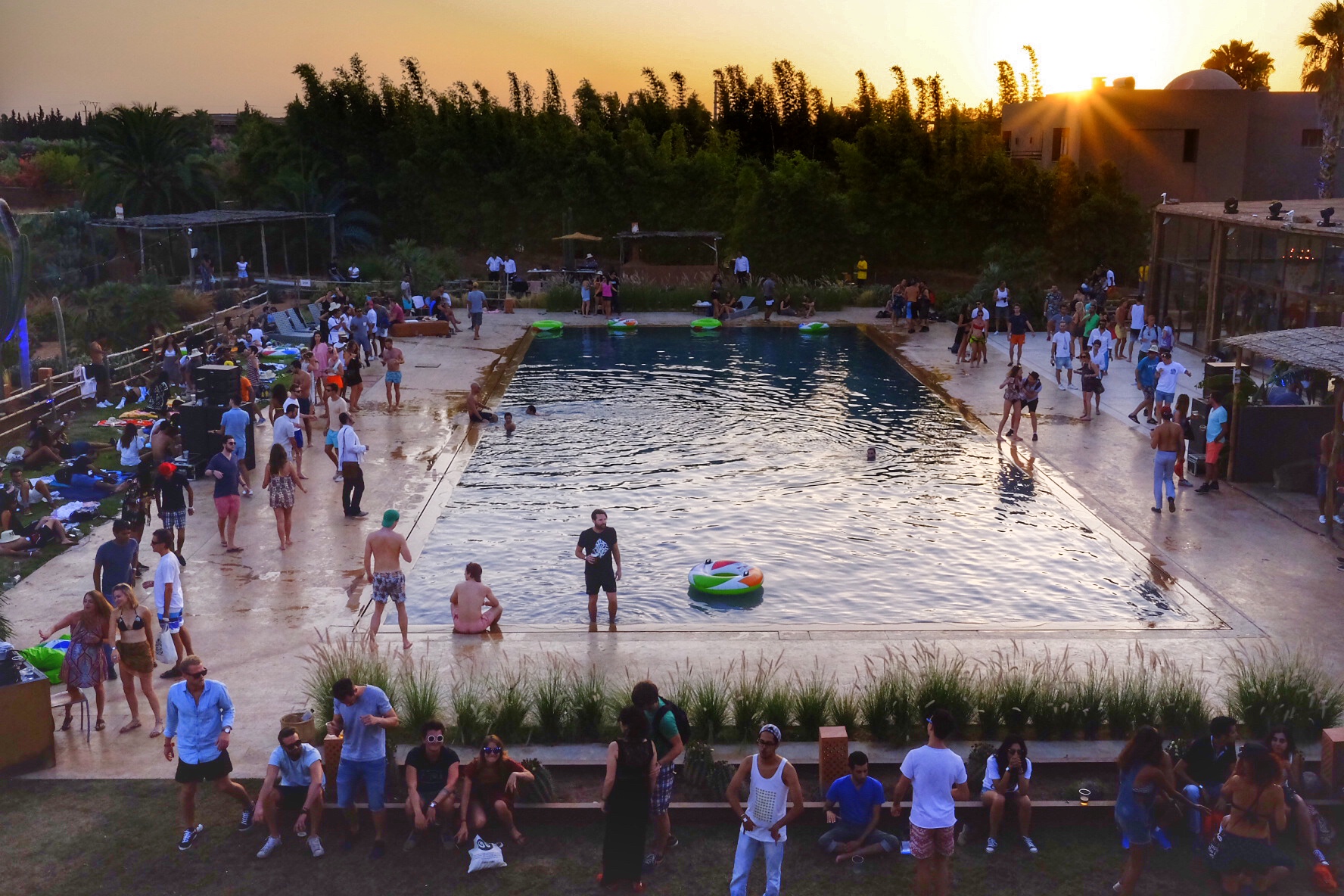

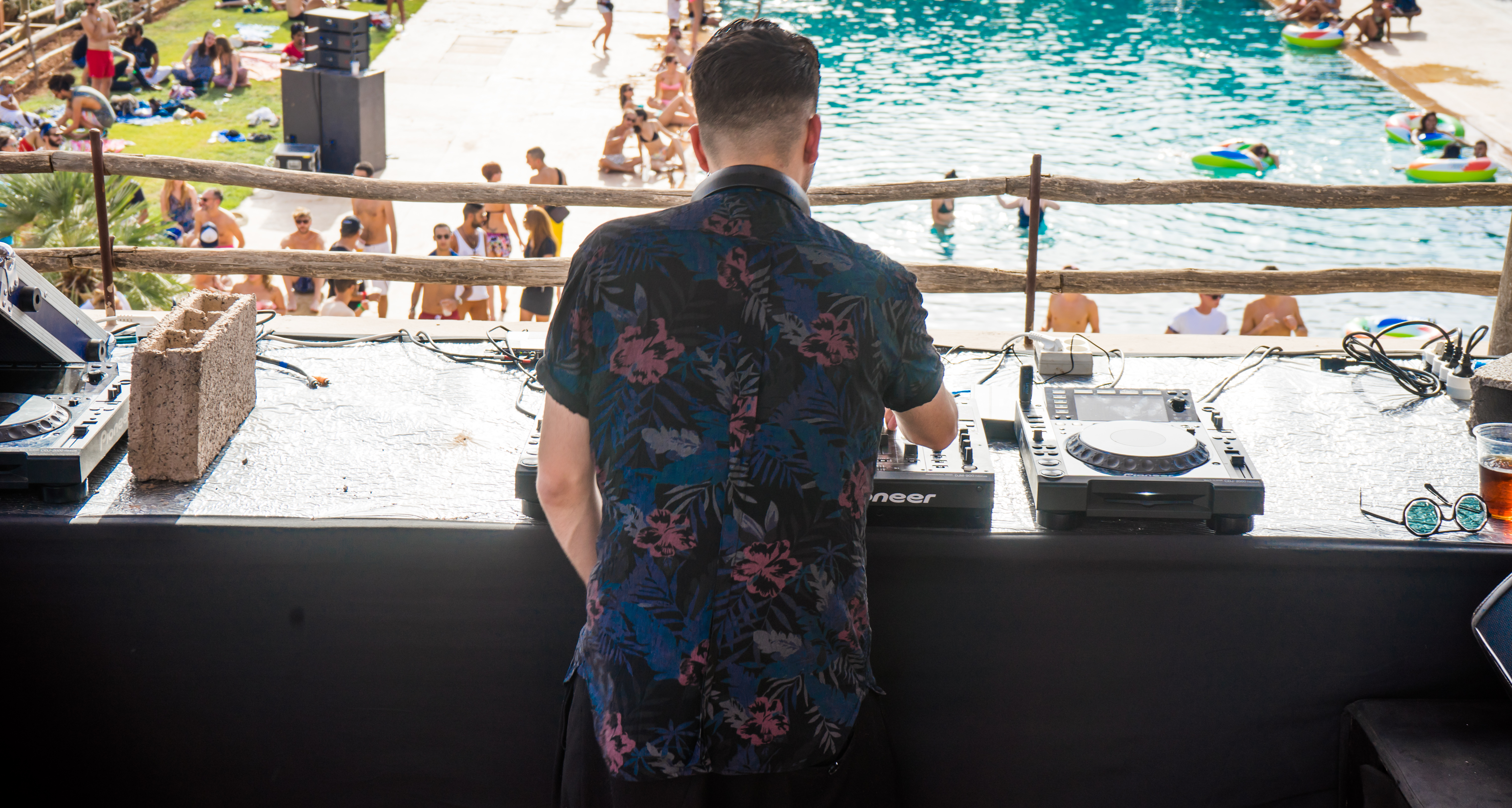
On the flip side, the sound, provided by multiple Funktion-One stacks, was very good—much better than that of the Bamboo Arena, a small, intimate stage nestled within a small woodland that could have used more speakers directed towards the center of the crowd. Similar questions must also be asked of the location of the DJ booth: The small island in the middle of the dancefloor could not have been more perfect for a festival focal point, and would have allowed the crowds to wander around the stage. Provided capacity for the festival was increased slightly, this would then serve as a magical area to experience the music.
Related to the above (and something that could also be easily addressed) is timing. Make no mistake: The setting of Oasis festival is nothing short of spectacular, with the clear night skies and the beautiful Atlas mountains perched on the horizon—but the organizers should exploit this by extending the hours until after sunrise. Admittedly, the event already feels long, stretching from 1pm each afternoon to approximately three the following morning, but I have no hesitation in suggesting that it should start and end later, catering for both a sunrise and sunset set. A case could even be made for just extending the hours by allowing allowing DJs more time in the booth. Besides DJ Harvey, who gave a spectacular four-hour show, each artist was restricted to just a two hour window, which seemed rather arbitrary.
The final, though smaller, issues were the extortionate prices of the refreshments and the behavior of the security personnel. It’s only basic economics for festivals to charge more for food and drinks within the grounds, but a price of 100 Moroccan dirham— approximately US$11, £7 or €9—for a regular sized beer seemed excessive. The food—though admittedly delicious and perfectly varied—was similarly priced and left one feeling slightly short-changed—given, of course, the length of the party and the €180 fee for a basic three-day festival ticket.
As for the security guards, they were overzealous in their endeavors. This was evident when three of them positioned themselves in the front of the Bamboo arena, looking out into the thinning crowd. But the problem was really highlighted when they threw—not ushered—out several gentleman for smoking marijuana. Security at these events is paramount for a reason (especially in a developing nation), and they can’t condone the intake of illegal substances, but common sense must prevail if there is to be the relaxed vibe that will be so central to the the event’s success.


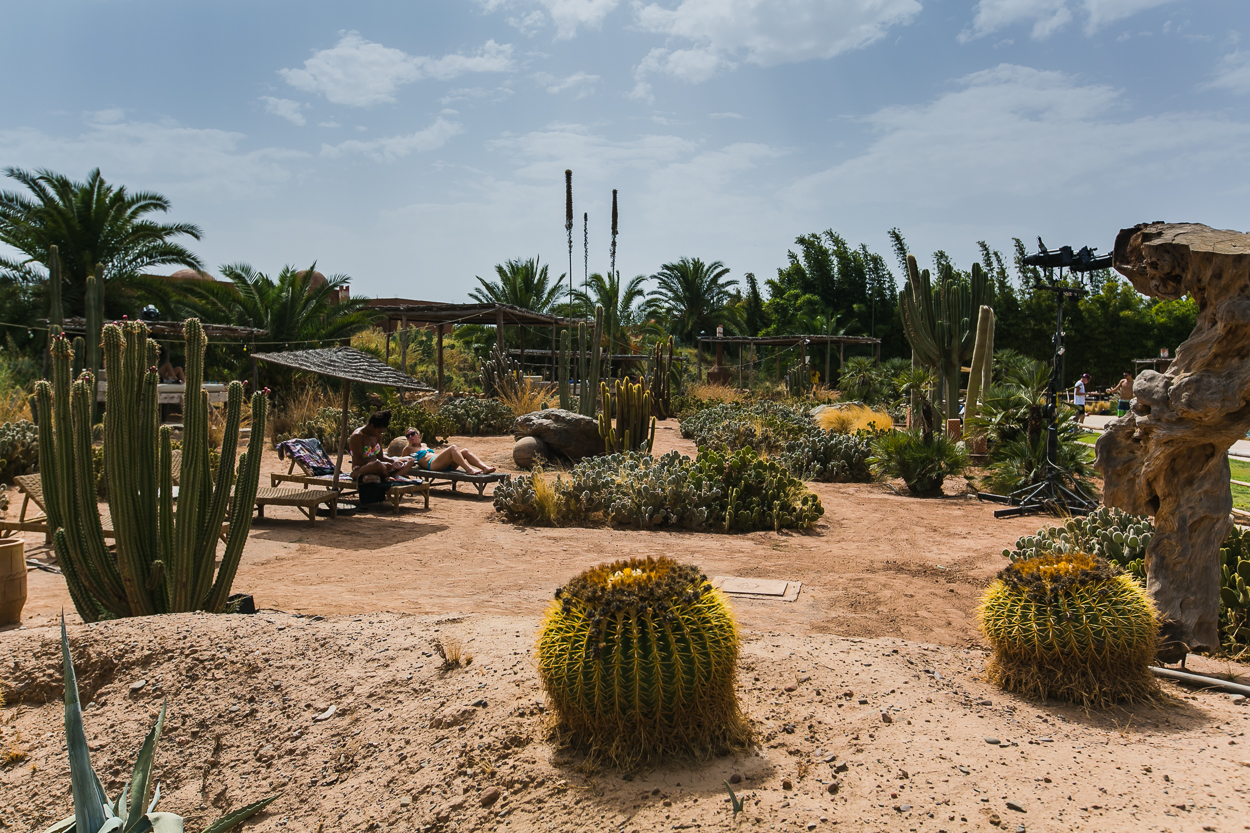
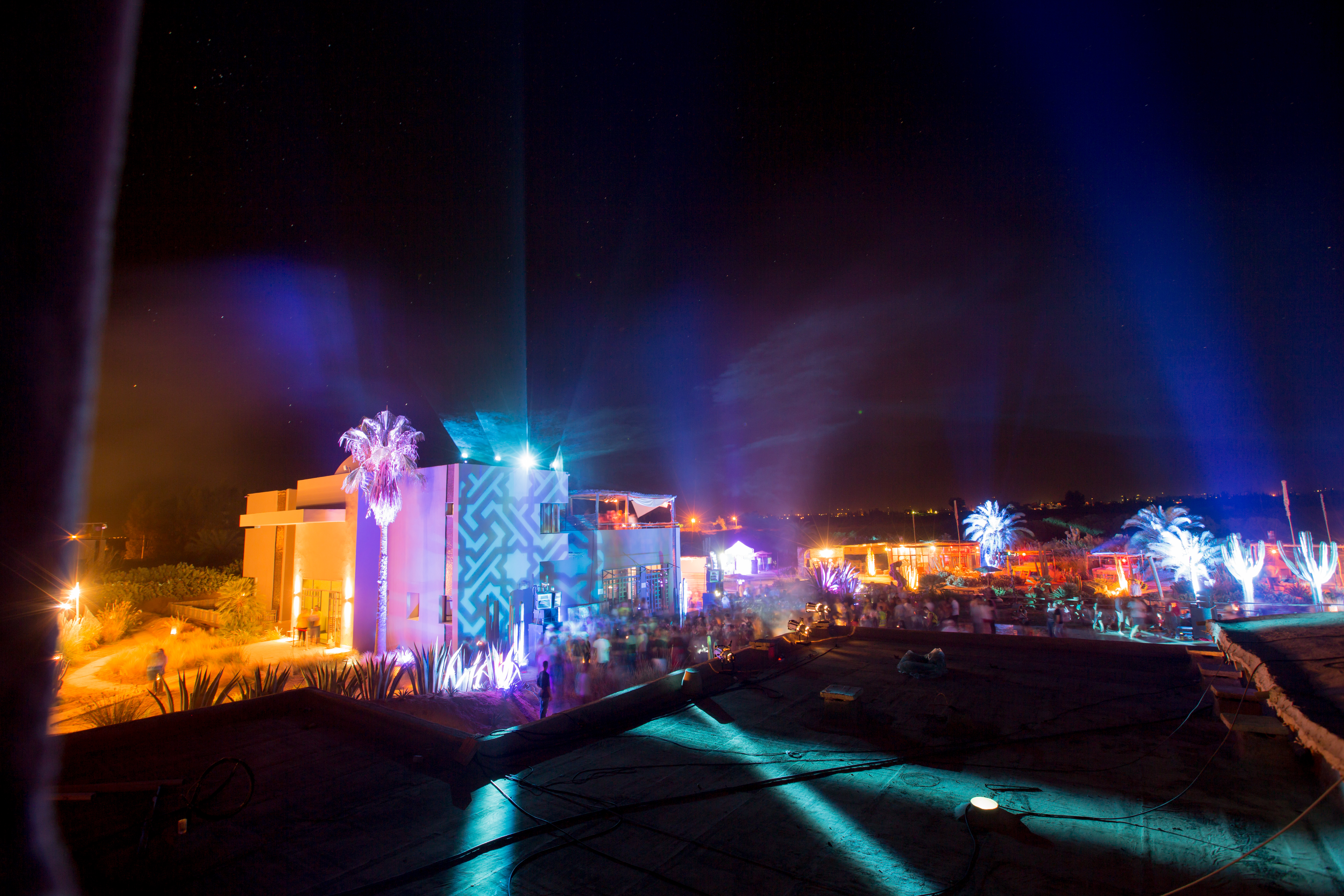
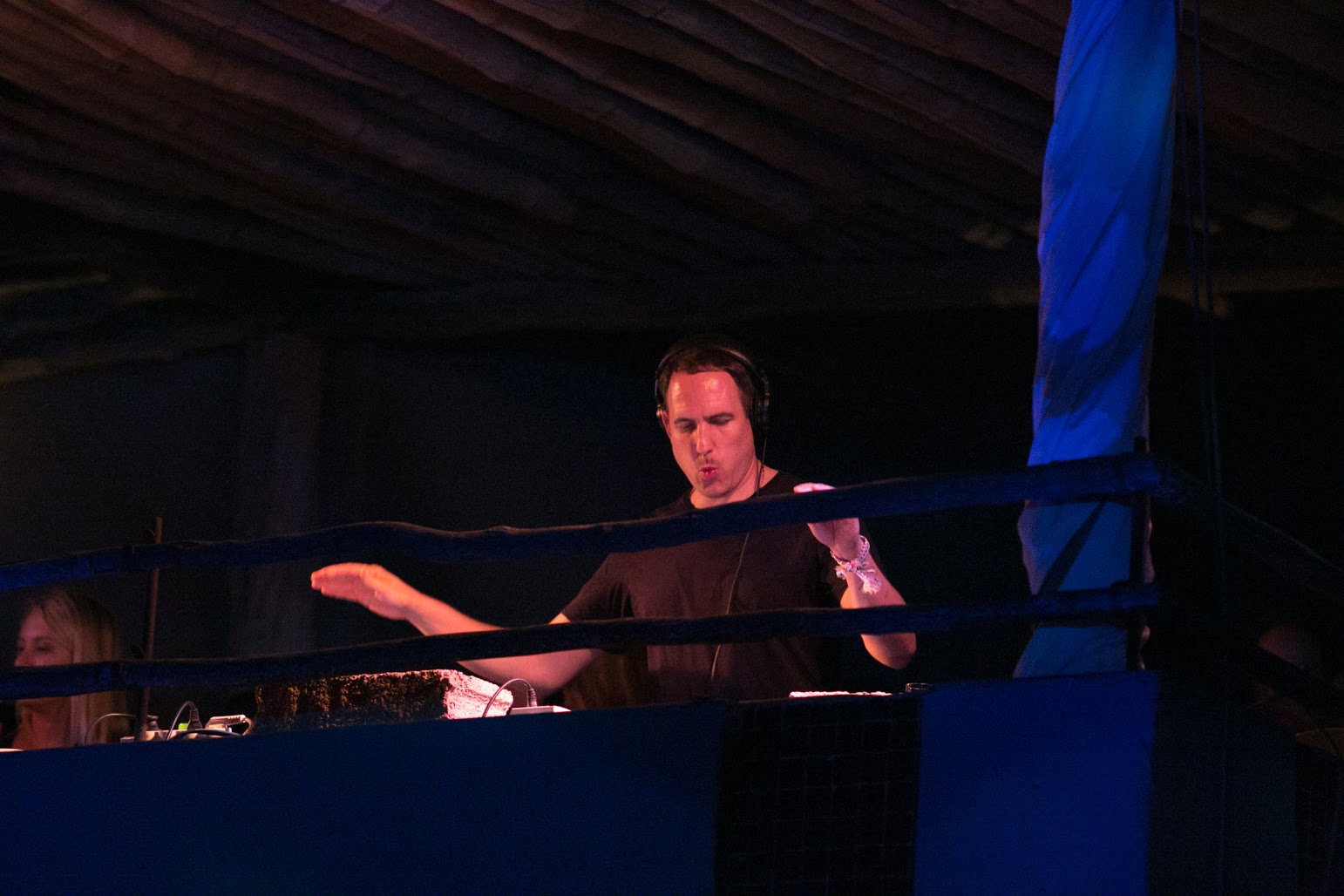
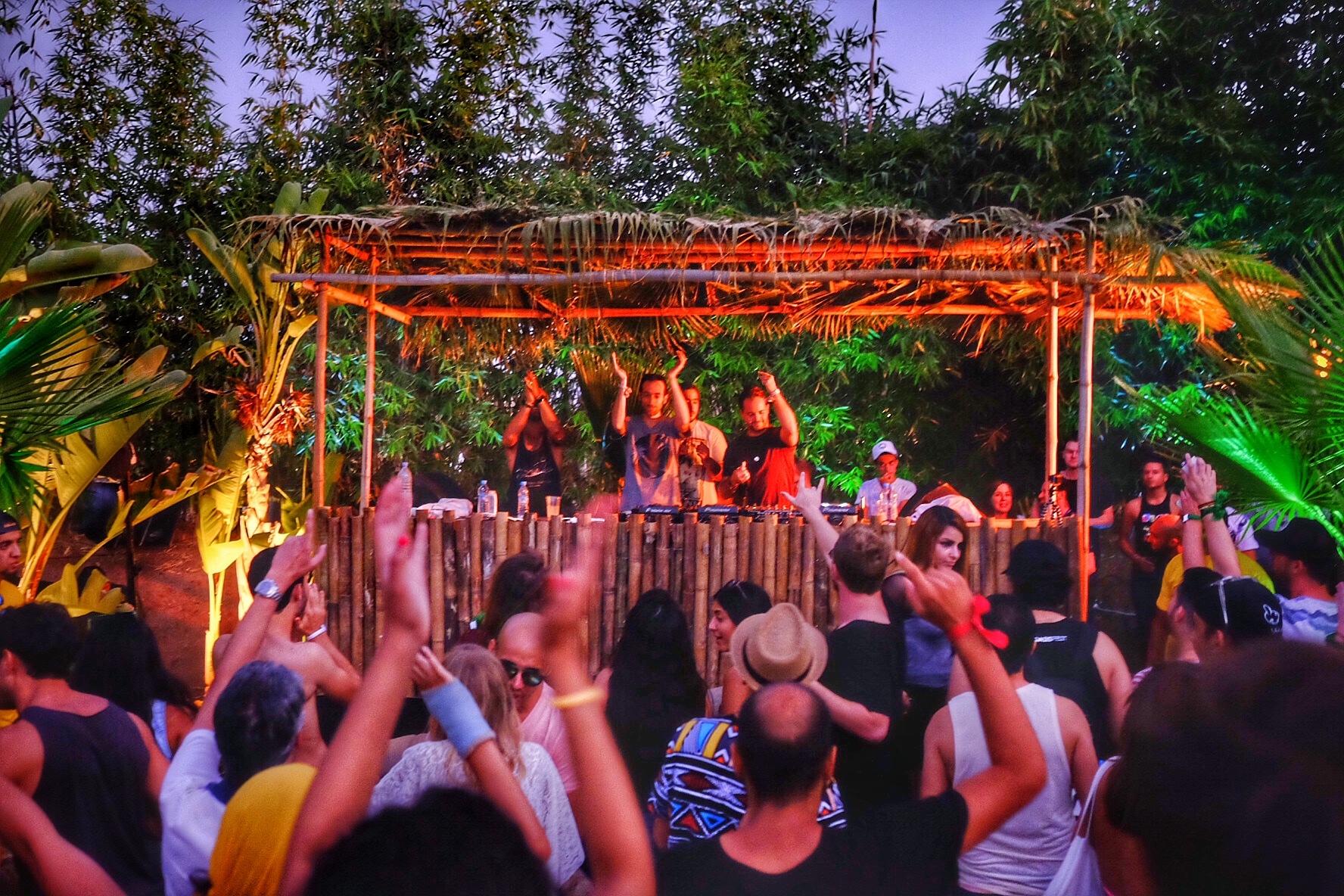
Having read the above, it would be easy to assume Oasis festival’s first edition to be a failure, but there is no doubting that the promoters will be pleased with their work—and rightly so. The organization, from the shuttle buses between the main sites to the accommodations, was great. And, though numerous and of notable, all the aforementioned changes can be made without too much difficulty. The dancefloor problem can be corrected by bringing the stage down from the tower and shifting it 90 degrees (which should actually have been done after the first night of the event)—and the security guards can be instructed to relax, a little more. It must also be said that such changes should be accompanied by an increase in capacity to create more of a festival atmosphere, rather than an exclusive-party vibe.
Credit must also go to the organizers for attracting such a stellar lineup, with particular note going to the likes of Âme, Adriatique and Blond:ish, all of whom played spectacularly. A case could also be made for adding a little bit more variety, but Oasis is never going to compete with the likes of Dekmantel or Sonar when it comes to the range of talents on offer. The Oasis experience is as much about the culture as the music, and so this year’s lineup served its purpose very effectively.
Away from all this evaluation, it is a hope of mine that the festival does succeed. Besides the pleasure that it gave to most, if not all, of those who attended, the benefit to the local community must not be overlooked. It goes without saying that the presence of such an event will work wonders for the Moroccan music community, but the benefits stretch well beyond this by providing work in security and hospitality—all of which was locally sourced.
Many first-time festivals will fail because there is no gap in the market, even though they have done the best with their resources. But Oasis is different: The formula is there, but it has just not been properly executed yet. My leaving thoughts are that the founders have stumbled upon a small gap in the market for affluent people who wish to explore the Moroccan delights and have a penchant for electronic, but wish to avoid the large-scale crowds and camping that are so commonly associated with weekend-long music events. Provided the above changes are successfully made, Oasis Festival could turn out to be a great success.
Next year, we shall see.

